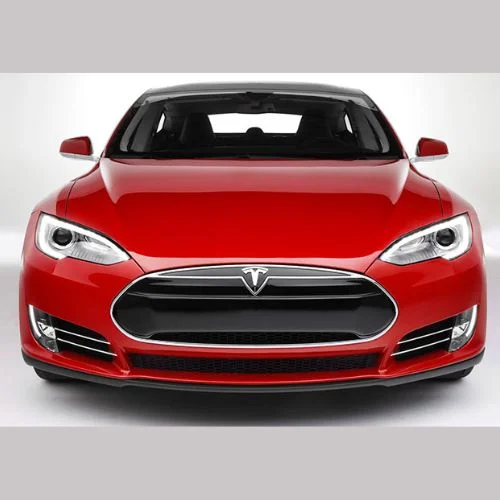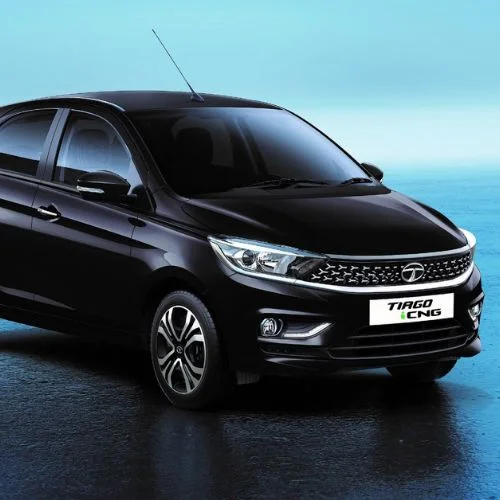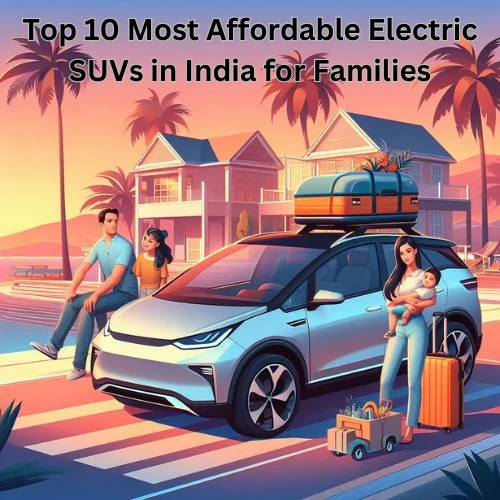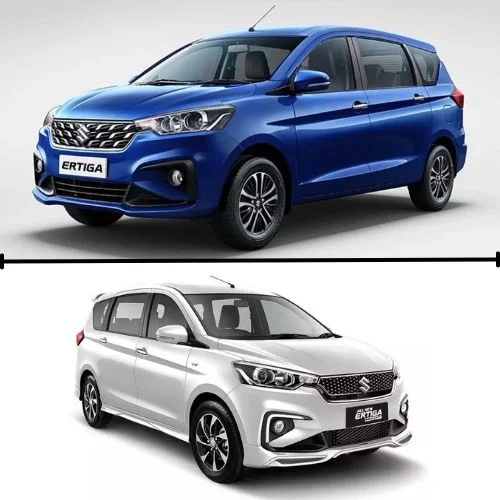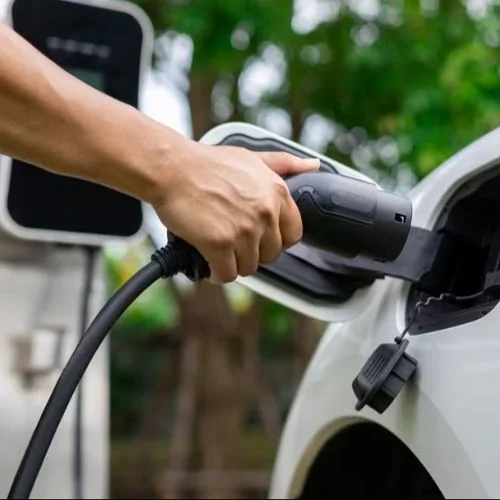The international ride-hailing company said on Wednesday that it is forming a number of alliances to electrify its services in India.

Uber, a global ride-hailing service, revealed its entry into the electric vehicle market on Wednesday. As of June, consumers will be able to book EV taxis in three cities, including Delhi, Mumbai, and Bengaluru, thanks to the company’s newest service, Uber Green.
10,000 two-wheelers and 25,000 four-wheelers would be deployed by the firm for this project.
In order to put this into action, the US-based company has formed several alliances with other businesses in fields including EV finance, EV charging infrastructure, and more. For the deployment of its four-wheeler fleet, Uber has worked with Moove, Everest Fleet Private Limited, and Lithium Urban Technologies. Additionally, it has teamed with Gurugram-based Zypp Electric for its fleet of two-wheelers. For EV charging infrastructure and finance, the NASDAQ-listed business has partnered with Jio-BP, GMR Green Energy, and SIDBI.
According to Andrew Macdonald, Senior Vice President of Mobility and Business Operations at Uber, India is a crucial market for multinational corporations.
According to him, India is a top priority for Uber as the company works to fulfill its promise to electrify every trip on its network by the year 2040 due to its size and rapid pace of electrification. With the introduction of Uber Green today, we are making a significant advancement in that direction.
Additionally, he stated that the corporation uses sustainable transportation as a means of reducing pollution and climate change.
Going all-electric is difficult, according to Prabhjeet Singh, President of Uber India and South Asia, and drivers shouldn’t bear the financial burden of switching to EVs.
“With these market-leading partnerships, we are matching commitment with action to help drivers go electric faster and supercharge the sustainable transition in India’s ride-sharing industry,” he said.
In Europe and North America, as well as internationally by 2040, Uber has promised to become a zero-emission mobility platform.
In 2022, the firm will have more than quadrupled the number of electric vehicles available on its platform and will have given 31 million different riders rides in electric cars.
Read More-How electric vehicles are changing the way we think about the energy grid









